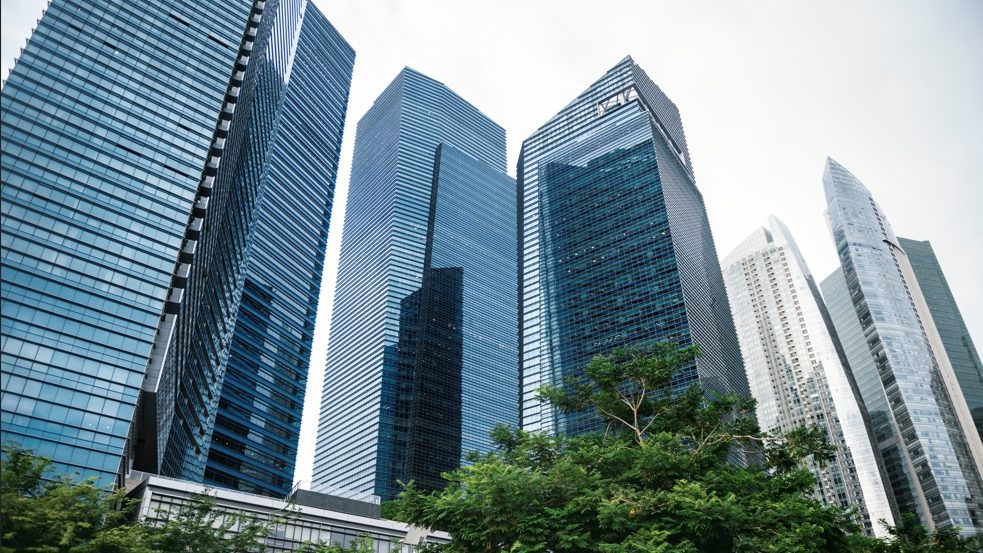SINGAPORE: According to a recent report by PwC and the Urban Land Institute, the city-state is set to remain one of the top investment destinations for real estate in the Asia Pacific region in 2025.
The report, titled “Emerging Trends in Real Estate® Asia Pacific 2025”, published by the Singapore Business Review, reveals that Singapore ranks just behind Tokyo, Osaka, and Sydney on the City Investment Prospects list, having a score of 5.83, which is classified as “generally good.”
Stability amid challenges
The report highlights that Singapore’s office market has demonstrated remarkable stability, particularly amid an overall downturn in the sector.
This resilience is attributed to a tight supply of office space and sustained demand from incoming corporate tenants.
However, despite the stability, the report cautions that local capitalization rates (cap rates) are seen as too low to entice significant buying interest, with current cap rates hovering around 3.4%, well below borrowing costs of 3.94% as of Q3 2024.
While the market remains active, transaction volumes have been modest, with only a few large deals in the third quarter of 2024 pushing annual transaction totals to levels near those seen in 2023.
Opportunities and challenges for investors
While Singapore’s office market continues to show fundamental strength, the report underscores several challenges for investors.
There are concerns over weak office rental growth due to fears of an oversupply in the office space sector, coupled with the current low cap rates. Investors seeking higher returns may find it difficult to navigate these conditions.
The report also notes that while value-add investment strategies are gaining traction, they face significant hurdles. Recent deals have largely focused on lower-priced assets, and the push for sustainability upgrades adds another layer of complexity.
Despite these obstacles, investors are continuing to explore opportunities in Singapore’s real estate market.

